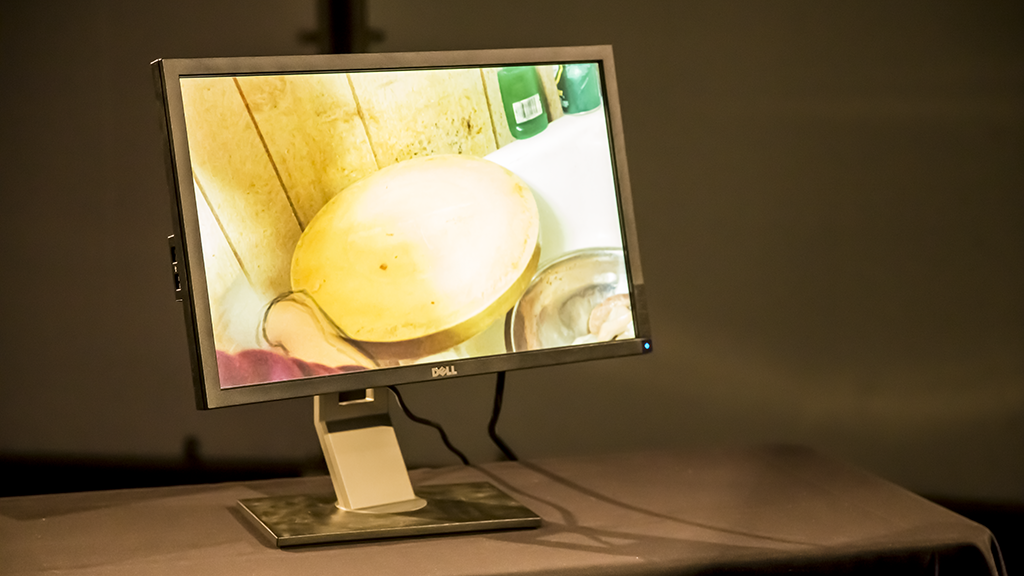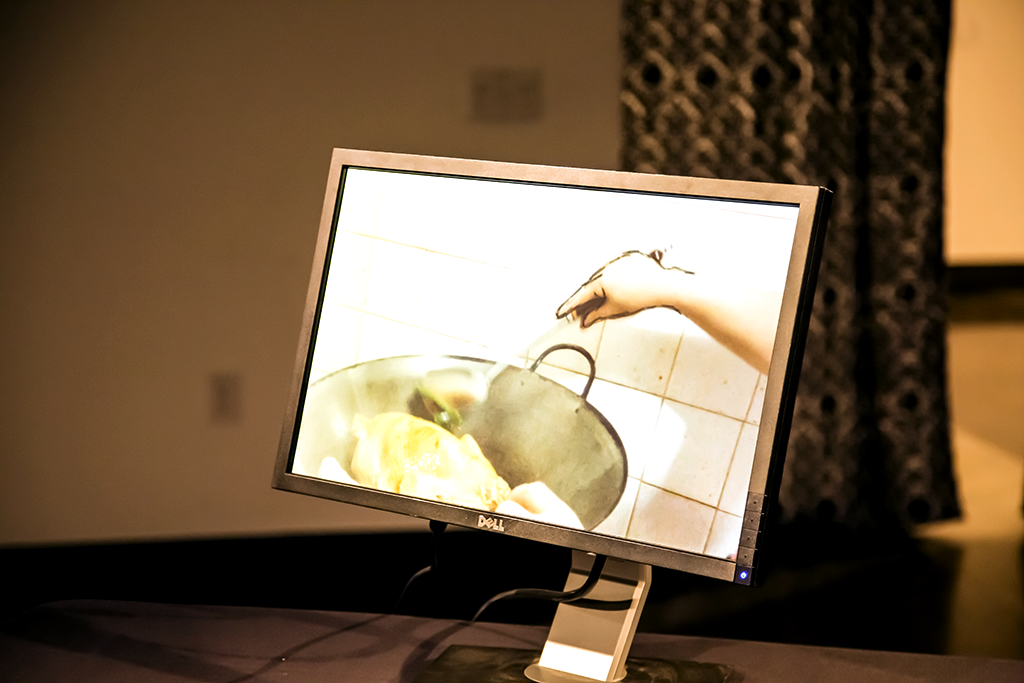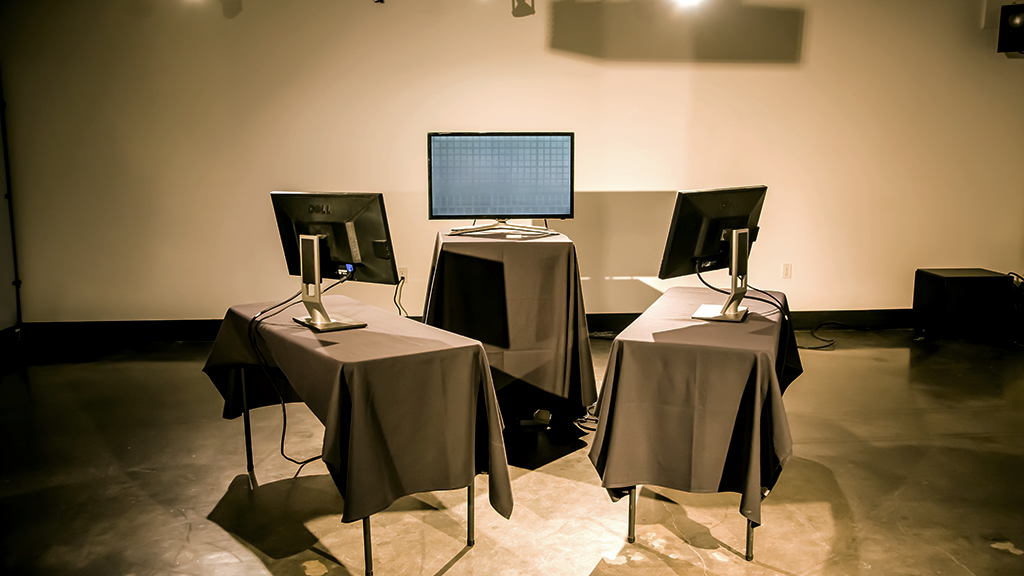Guest Gestures
If we don’t perform culture, does culture exist?
What becomes of the collective peculiarity and specificity that forms the context of culture if nobody performs the rituals, cooks the food, or speaks the language? Is that the death of a culture?
How do the forces of assimilation, hybridity, and lack of a unified global culture come into play to define what culture is in a globalized virtual present where relative individual identity is situated within constant conflict and contradiction?
Guest Gestures is an impossible attempt to archive and embody an oral history of the hakka people in a virtual environment through gestures and language. It is also my mother’s and my partial memoir: an experimental auditory visual documentary exploring cultural and communicative memory where mother and child barely speak the same language. Using personal memory as a cultural framework, I would like to tell an immigrant story of how “culture which develops on the new soil must therefore be bafflingly alike and different from the parent culture[s]” (homi bhabha, Culture’s In-between); or how immigration produces this seemingly impossible feeling of nostalgia and the uncanny.
The Hakka people are a migratory ethnic minority group of China. My family immigrated to the United States when I was two years old, and my Hakka language skills stagnated once I started American schooling at kindergarten. Neither of my parents have a comprehension of English past, “No speak English!” For Guest Gestures, I interviewed my mother on Hakka idioms, such as proverbs, sayings, puns, and jokes; because as people say, you can’t fully understand a language, and therefore a culture, until you can share in the jokes and the slang, of which I have no comprehension.
The second part of this project are video recordings of my mother’s and my hands preparing and cooking traditional Hakka food, which she does daily. I have created frame-by-frame animations from the recordings. The background contexts are removed, and only the gestures will be left. However, to keep the reference of food making and its associations to family and the performativity of culture, there are “glitches” in the animation where the raw video documentation of the cooking hands will appear for a few frames unaltered.
For the installation of Guest Gestures, each hand gesture from the animations is mapped to a selection of the audio interview on Hakka sayings between my mother and I, therefore a participant has to re-enact everyday Hakka gestures in order to “unlock” an understanding of the Hakka culture through language. The only visuals accompanying the unlocked audio are the algorithmic software translation of our dialogue from Hakka to English; thus expressing the difficulty of understanding despite technology’s promise of immersive experiences yielding greater knowledge, and yet it is also my eager and wistfully optimistic attempt to virtually preserve my dying language despite things that are literally lost in translation. I hope evoke aphasia, a feeling of being unable to communicate successfully and a culture being lost in translation between locations.
/// interactive installation
/// 3 channel animation
/// hand gesture tracking (leap)
/// javascript
/// unity 3D






